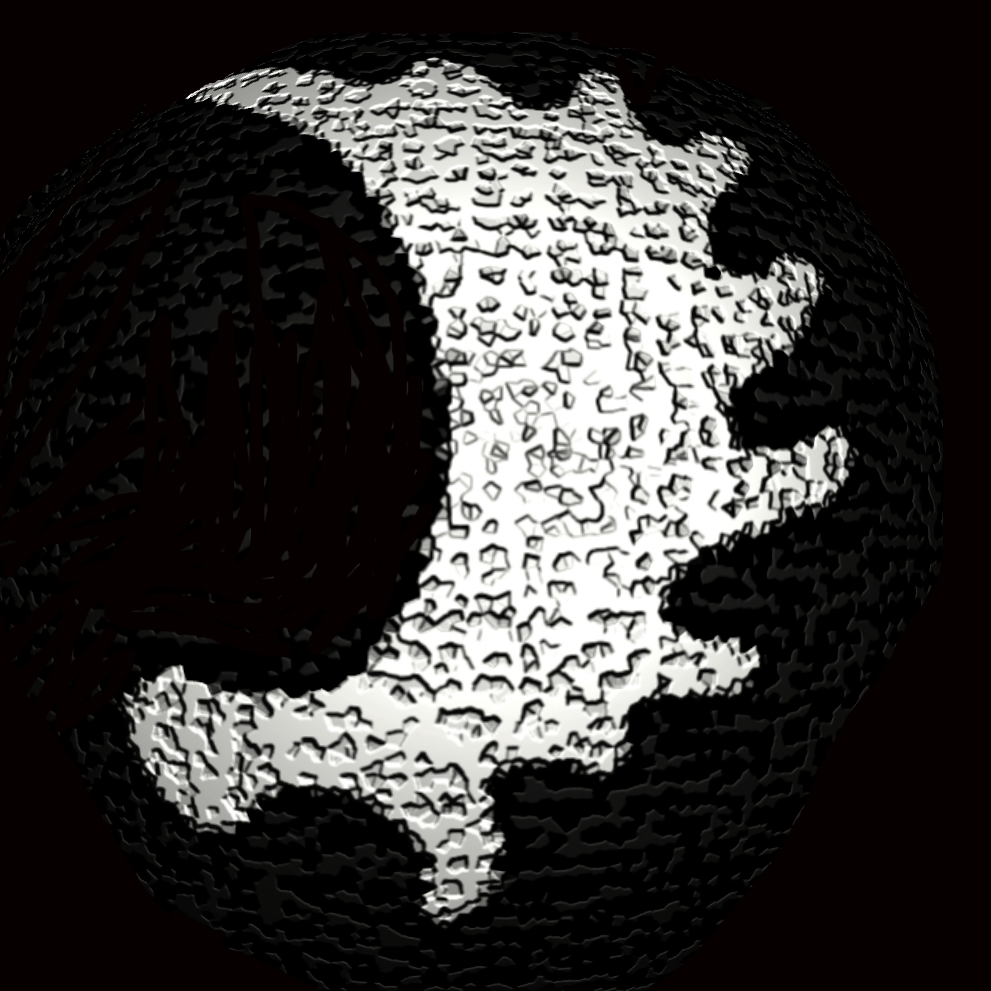Here are some of my thoughts regarding genealogy and family names in northeast East Prussia (Ostpreussen) and Memel. Many people there had German ancestors who emigrated from Saltzburg and a variety of other German cities and states. But many of these families had a common denominator… the “eit” at the end of their Surnames. How did this come about?

I have the answer, but first some background. German Teutonic Knights who crusaded in the lands adjoining the Baltic Sea gave names to these newly conquered lands in the 13th century. Their first state..what is now referred to as East Prussia..was named Prussia because the original inhabitants were tribes known as Prussians. The Memel area of the northeastern part of East Prussia was originally referred to as Litthauen, because people in this sparsely populated area were originally Lithuanians. After these original inhabitants were fully converted to Christianity there began hundreds of years of colonization, developing of farming estates, formation of cities and Germanization of all original inhabitants.

Prussia rapidly became a German society, primarily consisting of Germans from Saxony, the Rhineland and other states. Minorities were Austrian, Dutch, Scotch, French as well the original Prussians, Lithuanians and Poles. This multi-ethnic but overwhelmingly German culture survived for more than 700 years, from 1226 until 1945.
It should be noted that Brandenburg and East Prussia were severely impacted by marauding armies during the Thirty Years War of 1618 to 1648. Soldiers from both sides of these 30 years of religious wars were guilty of constantly stripping farms and residents of food and valuables. Large percentages of the population died of starvation, illness due to malnutrition, or indiscriminate killing rampages in villages and towns along routes that the various armies traversed. After this era of horror passed, there still came periods of Cholera and Plague. For example, from 1709 to 1710, the Plague, known as the Black Death moved through the Tilsit, Ragnit, Insterburg area, where 30,000 people died. In the land between the Memel and Pregel Rivers 17,000 died. In the area Heydekrug-Schaaken, everyone perished. Nobody survived.

As a result of the serious population declines, Prussia and Brandenburg needed to be repopulated with new immigrants. Between 1710 and 1722, there was surprisingly fast population growth of these areas. For example, the former small town of Tilsit grew to become the second largest city in East Prussia.

As more Germans from Austria, Saxony, the Rhineland and other states emigrated to this area, they adjusted to their new surroundings. The new settlers tried to assimilate as quickly as possible and modified their name endings to fit into the established customs. They followed the example of previous German settlers and changed their name endings to sound like old Prussian or in Memel like old Lithuanian.
The old Prussians used an “eit” at the end of family names, which meant “son of”, but their language became almost extinct by the 1600’s. It is very likely that new immigrants adopted their “eit” name endings when they settled in their new homes. Those Germans who immigrated to the Memel area of Prussia, adopted old Lithuanian name endings first and later used a more German sounding “eit” ending. For example: An Austrian from Salzburg named Balzer became Balzeraitis, then Balzereitis and finally became Balzereit.
Unfortunately, this muddies the waters…are the people with “eit” name endings Germans or old Prussians or old Lithuanians? The answer is that all were German, either originally or after hundreds of years they considered themselves German. There is no easy way to determine the original homeland of East Prussians by looking only at their names. It means that the stem name before the ending must be researched for its origin. DNA research might help, although I personally have been disappointed with my own search…mainly because all Germans from East Prussia and the Baltic states were dispersed to Germany and across the globe so that no concentrated population is available for reference.


Explore images on brand new products at my stores



Very interesting and related to personal ancestral history.
LikeLike
Nice blog post. I have come to the same conclusions as you have. I have “Jacobeit” from Gerdauen in my family tree. I would also be interested in your thoughts about the Masurians in East Prussia as I have Gonienski, Penski, Stachlowna, and Senkowna in my family tree.
LikeLike
I know Masurians in East Prussia identified as Germans and had a mixed Polish and German population all the way back to 1226. the area suffered from war and plagues, at one time losing 50% of the population. so they also had to repopulate. It is interesting to note that after WWI, Masurians voted 99% to stay with Germany instead of joining Poland. I would guess that your family tree members with Polish names probably lived in their German state for hundreds of years and felt that they were Germans.
LikeLike
My grandfather was from salt Passarge , my last name is Rentel , any clues ?
LikeLike
Sorry, Alt Passarge , then moved to Bremerhaven where my father was born . I have always wondered about my last name origins : Rentel
LikeLike
What would the prussian name von krachweter be changed into krachter? Was it common for people to do away with “von” in their last name after the dissolution of the prussian empire?
LikeLike
People change their names to fit in better when they move into a different cultural area. The ‘von’ part used to be added to the surname when someone was ennobled; but the nobility was abolished as a legal estate in 1919 . However, existing noble surnames (and titles of nobility) were grandfathered in as surnames, with no new noble surnames being created.
LikeLike